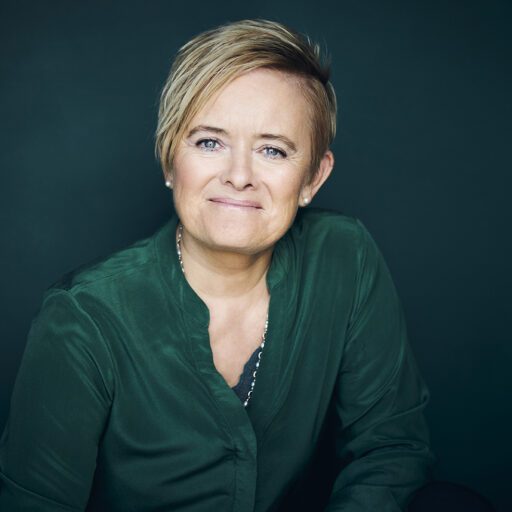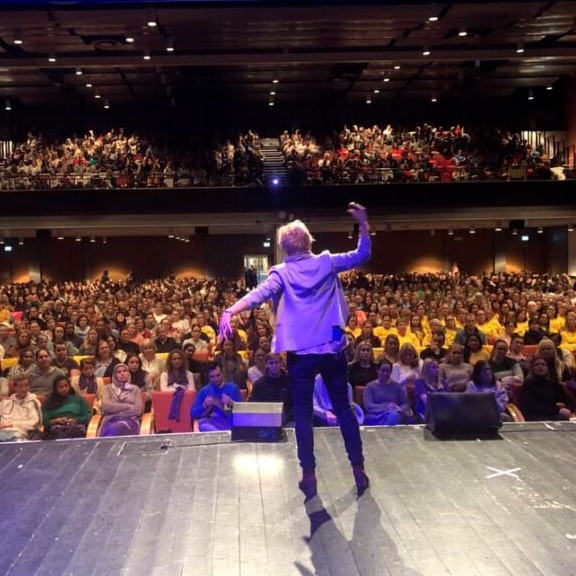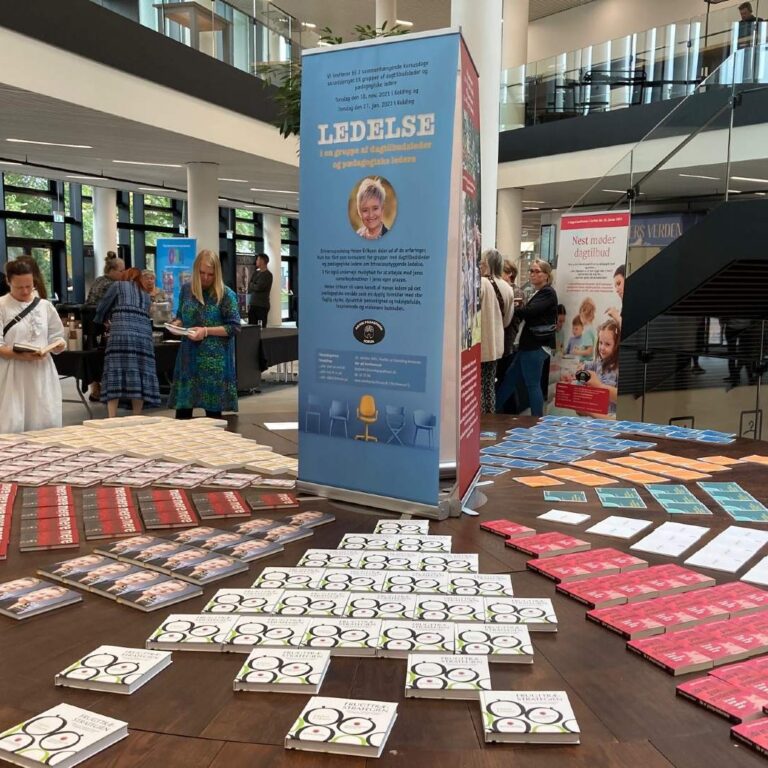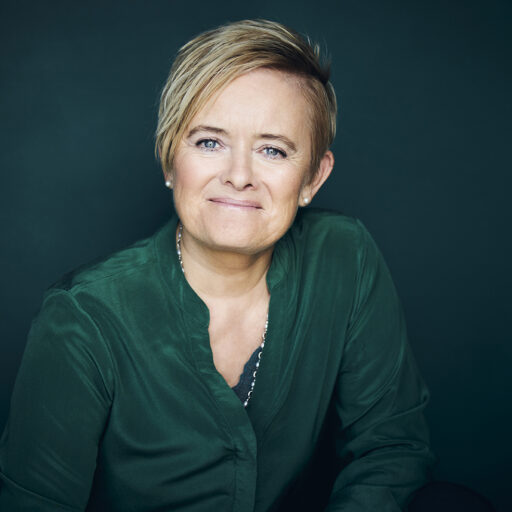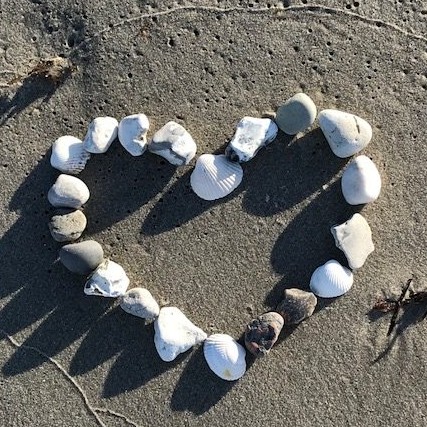This blog evolved to begin on a psychological note and end on a slightly political tone. First, the psychological tone:
In our calendar, we have just entered a new year. For many of us, this means reflecting on the past year and perhaps considering what we want from 2017 – the new year. Some think in terms of New Year's resolutions – what do I want to change, do differently, quit, let go of, add, start, do better?
Who and what, including oneself, would it be good to forgive? What benefited me, where did I contribute positively? What would I like to do more of and in what ways? Where did I give while growing from it? What and where do I want to give in the new year, while growing from it? Perhaps in entirely different ways, in different places, with different people. Or in the same ways and the same places.
And one can almost hear it... our energy goes where our focus is, as the original New Zealanders are quoted as saying: "Energy goes where attention flows." So, what do you want to spend your energy and life force on, what do you want to focus on? What makes sense and is meaningful to focus on?
And then there's something about having a focus; it can be wise, insightful, and appropriate for each of us, individually and collectively, to have reflected on what our intention is with what we focus on, with what we do. Why are we doing it, really? Intention comes from the Latin word "intention," meaning purpose. So, what is the conscious purpose or our conscious goal with our actions? And do we know each other's purpose, and thus each other's deepest motivation? It is essential that as leaders, employees, and humans, we share precisely that with each other because some researchers believe that, in our human nature, we are much more purpose-driven than career-driven. Not only does it make more sense, but it also increases motivation in a workday when we have shared knowledge about the larger purpose each of us contributes to since most people actually want to do good. Really good. And want to ensure that they do it well enough.
My claim is that the more conscious we are about our intention, about being who we are, doing what we do, the more we can reduce any feelings of powerlessness over not being able to control something or not having an influence on anything. Because then we at least know a little more about what we are up to, and we give ourselves the significant gift that is worth both values and ethics – to be more aware of the kind of people we are and the purpose our being and doing serve.
Perhaps it would be very beneficial to start the year, each month, each day, by lovingly, kindly, relevantly, and constructively exploring with ourselves and each other: If we are to do something sustainable, with ourselves and each other, something that can naturally support ourselves and each other, it is crucial not just to have thought about but shared, and continue to exchange, what our purpose is with what we do and support ourselves and each other in finding that purpose, that intention. Because if we do that and can do that, the meaningful aspects will likely naturally begin to emerge from the purpose-building cracks. And therein lies an enormous potential for well-being.
And sometimes, it will happen that with certain things, we can come to the realization that enough is enough. That we have tried long enough with more of the same, such as optimizations, lean methods, and savings, dehumanization, massive squeezing, layoffs, often among those executing in society's structures – the foot soldiers, as I call them: all the citizens whose work involves direct interaction with fellow citizens, such as social and health care assistants, doctors, nurses, medical secretaries, teachers, educators, social workers, physiotherapists, occupational therapists, instructors, and initiators of various kinds and characters. In contrast to bureaucrats, politicians, board members, etc., who make decisions and initiate reforms very often without involving the affected and their extensive and valuable experience in their considerations leading to the final adoption of laws, reforms, and strategic goals.
And when enough is enough, when we reach the time for a crucial and decisive factor at all levels: the importance of persistent, constructive, solution-oriented insistence on real accountability from a country's decision-makers. Accountability understood as the duty each of us as individuals has to actively use our ability to respond to the repeated calls from, for example, highly knowledgeable professionals and researchers at the country's hospitals and psychiatric departments about understaffing, from the country's universities about too few teaching hours, factual calls from a variety of professional groups over many years that the purposeless demands for increased registration and documentation have created such massive administrative humps that the result is often a hollowed and weakened core service.
And we haven't even reached the climate crisis, and what do we do with the EU, the global refugee situation, and so on.
We have to start somewhere. And we can conveniently start by making our ranks sustainable, thus strengthening ourselves to take care of the many and significant decisions that concern the rest of the world, for which we also have a contributing responsibility. So it's urgent. We can't keep doing more of the same, and if we're honest, and we should be, that's what we witness, again and again. It's a masquerade. And we waste precious time and many unnecessary and useless economic and human resources on it.
There is a need for persistent, solution-oriented, insistent broad popular uprising about something fundamental in the system's mindset and approach to the administration of both human and economic resources that must and should change – a persistent, contributing, solution-oriented insistence on sustainable structures, sustainable leadership, companionship, and cooperation, an insistence on coherent perspectives and society-building structures that naturally make it possible to give while growing, each of us and together in a real democracy with real participation. If not for us, then for our descendants.
One could insist on that, don't you think?

